|

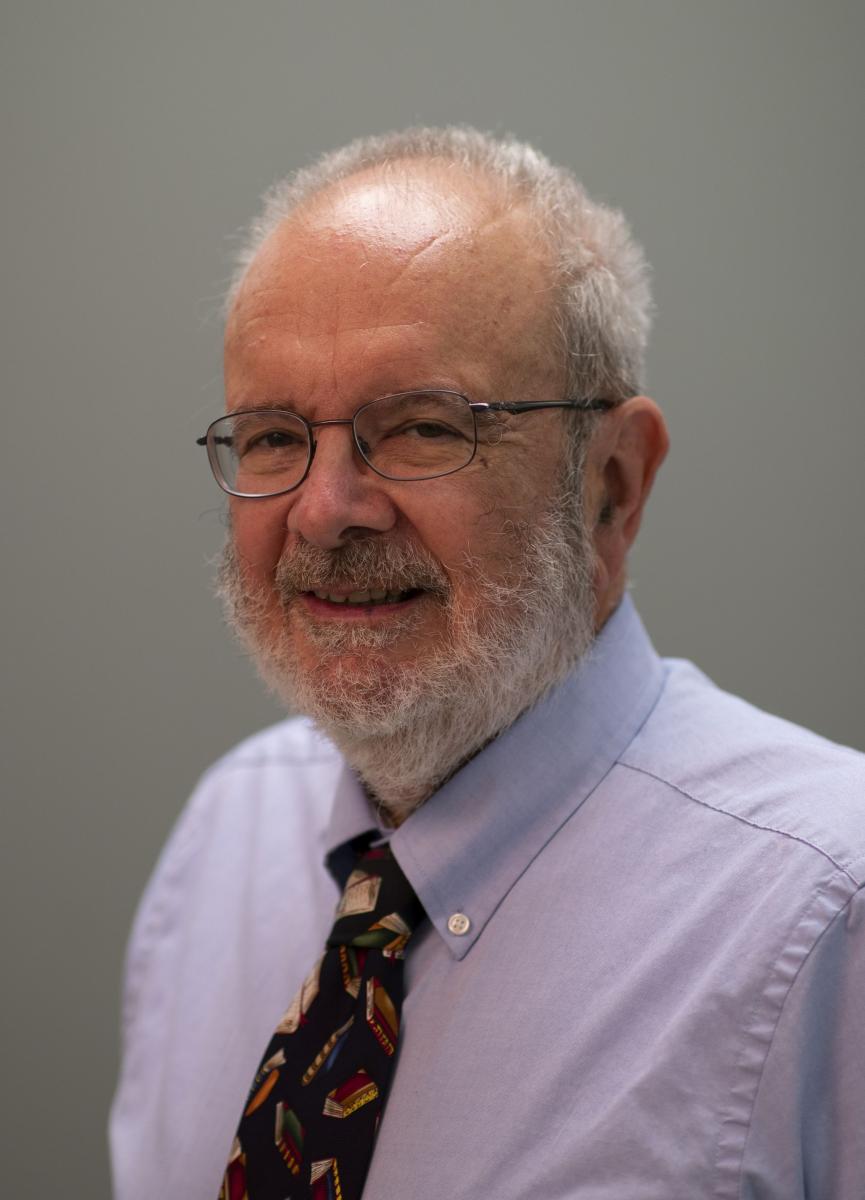 Coping During COVID-19 Coping During COVID-19
By Robert Belvin
Director, New Brunswick Free Public Library
Many events, both personal and professional, that disrupt our lives can be anticipated and we have examples of ways to cope. However, black swan events are so unique from what has happened before that we have to invent new ways of coping. Sometimes we can be successful in creating new ways, sometimes the actions we choose make the situations worse, and sometimes we cannot affect the situation.
Very few of us have dealt with a pandemic. Library staff and libraries have had to create new ways of coping using existing tools in different ways and inventing new tools. However, the professional side of our need to cope was probably less challenging then the personal and emotional side for some.
There are some characteristics I have seen in the library world over my half century of involvement that make coping with black swan events more challenging. Library staff are generally committed to what they do on an emotional level — it is not just a job. Libraries are quite complex organizations. Successful changes are not sudden and imposed but rather are gradual, often borrowed from other libraries, and rely on a slow-forming consensus. Although there are data-based choices, many library operations are based on a need to serve even when the needs are ill-defined. Many library staffs are personally cohesive, and those staff members enjoy their regular interactions with their colleagues.
An informal survey of reactions to the pandemic ranged from the surprisingly positive to the almost dismal. The commitment to libraries made it satisfying to successfully deal with technological challenges of virtual meetings and chat, while at the same time more stressful because of the pace of the change. Others enjoyed the challenge of finding new ways to serve the public and organize their work. On the other side, those who were furloughed had to cope with feeling that their efforts at finding new ways of serving the public were not appreciated by the local governments, boards, or administration.
Not everybody, however, found the changes in circumstances to be positive. Many felt deprived of the regular interaction they had with their coworkers. Time management was challenging for people who had always been almost overwhelmed with tasks. All of these added to the constant worry of many about contracting COVID, and the resistance of some to what they felt were overly cautious restraints.
On a personal level, some people loved working from home and found it less stressful and more productive. The flexibility of remote working allowed people to do non-library things that they had never gotten to. Some had almost unimaginable challenges, such as transplant surgery, that had to be postponed. Others had more mundane but still stress-ridden challenges, such as children who did not cope well with virtual classes, and financial difficulties.
The reactions of library staff to the pandemic do not seem to be easily classified. There was a clear interaction between the library circumstances and the personal circumstances of the individuals. We do not know the long-term impact on libraries and their staff. Indeed, given that the pandemic’s impact will not begin to be fully felt for at least another six months and even then we will only know the immediate impacts of COVID and our reactions to it, the ripples will extend through our lifetimes.

How Do We Keep Going?
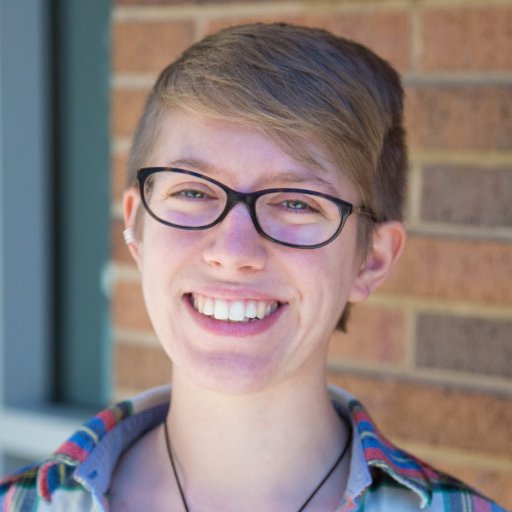 By Lena Gluck By Lena Gluck
Reference Librarian, Newark Public Library
When I first planned to write this, I intended to discuss ways of engaging in professional development that allow us to maintain hope and focus during a global pandemic. Then I had a minor breakdown and, at the direction of my therapist, took a leave from work and avoided everything to do with librarianship for a month. Perhaps I’m not the best person to be giving professional advice, or perhaps in this moment “professionalism” is more of a danger to librarianship than vulnerability.
If you’re seeking solidarity with other library workers struggling with mental health this year, check out LIS Mental Health and order a copy of the zine Reserve and Renew: The Plague Year, created collaboratively with writing and art focused on the intersections of librarianship and mental health during 2020. Important to remember, however, is that mental illness is not due to entirely internal factors, and that many conditions and symptoms are triggered by our environments, including our workplaces. Look into Kaetrena Davis Kendrick’s thoughtful, clarifying research on the causes and effects of low morale among library workers for a greater understanding of the systemic and institutional context of mental health. Librarians of color can reference the newly created Library Green Book, a guide to library and archival workplaces that are safe for people of color.
When workers’ health is viewed as less important than keeping doors open, there is a rot at the center of the institution that will spread even after those workers are replaced. The health of a library is the health of the people who make it up. Around the country, and even internationally, library workers have been advocating for our safety and the safety of our communities. Search Twitter for the hashtag #ProtectLibraryWorkers, and you will find an outpouring of stories of workers fearful for their lives and fighting for their concerns to be recognized, acknowledged, and acted upon.
If you’re seeking advice for improving safe working conditions during the pandemic, check out Protect Library Workers and LibRev. I also recommend COVID Straight Talk, which focuses on “addressing how racism and socioeconomics shape the risks from and impacts of COVID-19 using a bottom-up, worker-centric, community-based approach.” Between the accessible language and graphics and personalized recommendations for preventing workplace spread, it’s an excellent resource.
A library is not a building or a collection. A library is a social commitment between people — workers and visitors. Acknowledgment of suffering and anxiety are necessary in this moment. Without intentionally holding space for the truth, we allow the community’s trust in us to be hollowed out and broken. If there is one thing the pandemic teaches, it is that all of us are connected to and dependent on each other in countless intimate and vital ways. We owe honesty and compassion to each other.
There is a growing class consciousness among rank-and-file workers in libraries, and a willingness to organize rather than view workplace struggles as isolated and private. Fear can freeze us in place, but when the thaw comes, hope blooms. Not the naïve hope that things will get better naturally, but the tangible hope of taking action to make things better.
Mental well-being grows from conscious and thoughtful networks of care. Maintaining hope and focus as a librarian during the pandemic, for me, is a practice of transparency and solidarity with my colleagues and community.
Top of Page | Table of Contents

Alternative Children’s Programming

By Danielle Cesena
Children’s Librarian, Glen Rock Public Library
After eleven years of overseeing children’s programming, I had a process as to what works and what does not in regards to the community's needs, the educational value for our younger patrons, and staff sustainability. For background, my toddler storytimes were usually a crowded affair with children and caregivers sitting in close proximity to each other. I had no registration or attendance limit. Looking back, it is absolutely daunting that the last time I read to children in-person and in such a congested manner was in early March of 2020.
Without a doubt, the pandemic has altered the way I perform my job. With no in-person programming and a resistance to virtual offerings, I had to seek new, alternative programming for the community.
Take-Home Kits
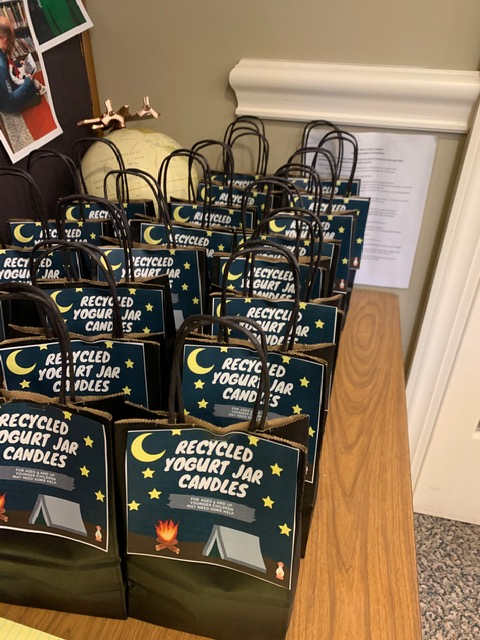 Beginning in the fall, we started supplying take-home kits developed by our Children’s Services staff. Such kits included: back-to-school pencil holders made from coffee cans, recycled yogurt jar candles, decorative pumpkins, and Thanksgiving wreaths, to name a few. These kits continue to be in high demand, so much so that I had to hold back on social media promotion. Beginning in the fall, we started supplying take-home kits developed by our Children’s Services staff. Such kits included: back-to-school pencil holders made from coffee cans, recycled yogurt jar candles, decorative pumpkins, and Thanksgiving wreaths, to name a few. These kits continue to be in high demand, so much so that I had to hold back on social media promotion.
Although not ideal and restrictive because kits are limited, the benefits outweigh the negatives. With such a program, children are given all the supplies needed to complete the project. Plus, they can work on the craft on their own time. It should be noted that some libraries use take-home kits as part of a virtual instruction class. However, we have only added simple, written directions in each kit instead.
Moving forward, we plan to have about 35 kits available for each craft. To keep costs down, we will continue to use recycled material.
StoryWalk®
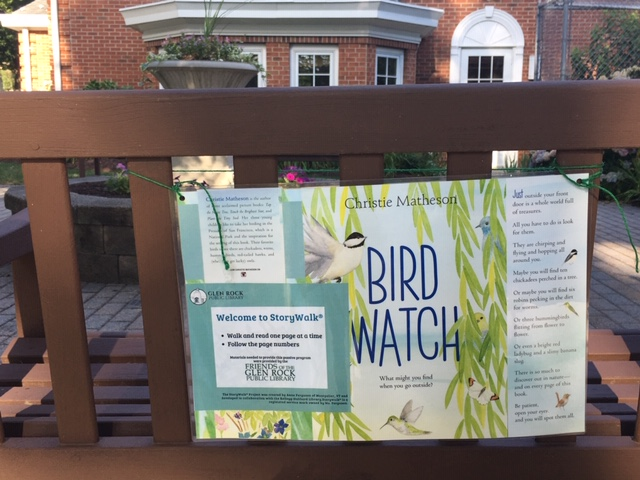 The year’s unfortunate circumstances have led to the physical library losing some of its recreational connection with younger patrons. In order to break this barrier, since the summer, I have displayed two seasonal StoryWalk®s on the library’s lawn. Through this outside showcase, families spotted the laminated pages of a picture book, which were tied to trees, benches, and windows. The year’s unfortunate circumstances have led to the physical library losing some of its recreational connection with younger patrons. In order to break this barrier, since the summer, I have displayed two seasonal StoryWalk®s on the library’s lawn. Through this outside showcase, families spotted the laminated pages of a picture book, which were tied to trees, benches, and windows.
To make this more inclusive, the picture books selected were interactive and not text-heavy. With the summer’s Bird Watch by Christie Matheson, each page asked the reader to locate the different types of birds in their habitats. Educational, comprehensive, and aesthetically inviting, the Bird Watch StoryWalk® created an environment in which the library grounds were still entertaining and were a safe gathering for individual families to experience.
If interested in hosting a StoryWalk®, guidelines to administer the registered trademark appropriately can be found at these two online sources:
Top of Page | Table of Contents

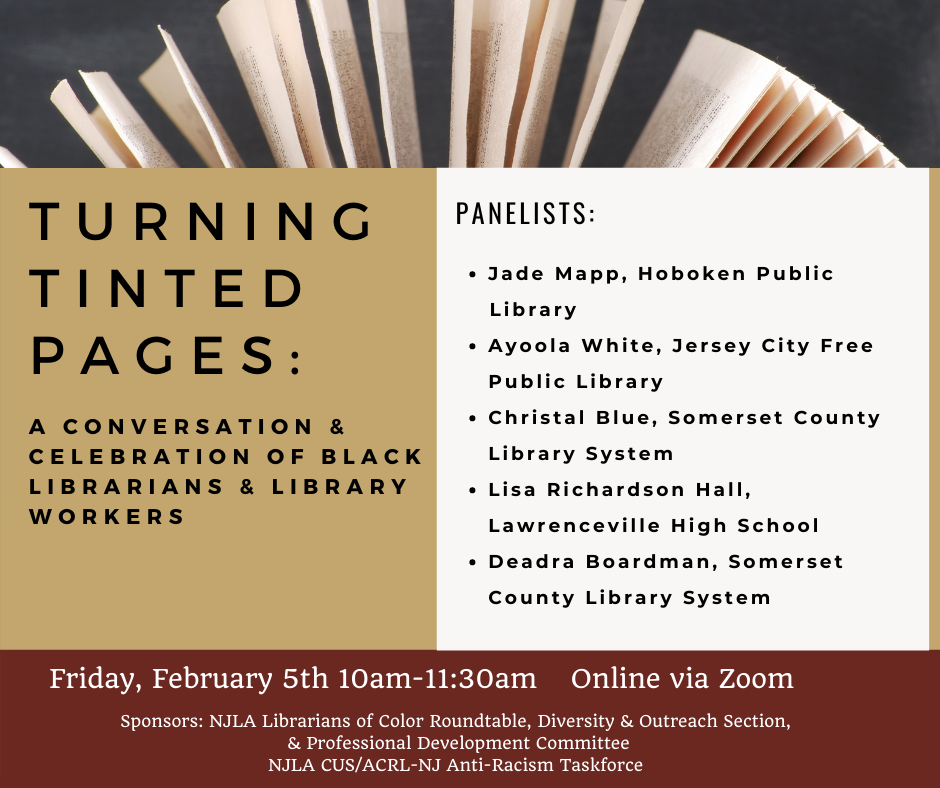
Please join us for our upcoming NJLA Virtual Keynote. These programs are a unique benefit of NJLA membership and registration is limited to NJLA (and NJASL) members.
Title: Turning Tinted Pages: A Conversation and Celebration of Black Librarians & Library Workers
Date: Friday, February 5, 2021
Time: 10:00 am - 11:30 am
Location: Online via Zoom
Description: Gain a better understanding of the history and present state of library employment for Black librarians and library workers, and learn ways that each of us can promote and support diversity in library staffing. This presentation will include a slideshow on the history of Black librarianship, a moderated panel with question-and-answer period, and a breakout session. Topics discussed will include barriers to employment and advancement for Black library workers, support systems, self care, and more.
Panelists
- Jade Mapp, Literacy Specialist, Hoboken Public Library
- Christal Blue, Branch Manager, Somerset County Library System
- Lisa Richardson Hall, School Library Assistant, Lawrenceville High School
- Ayoola White, Emerging Technology Librarian, Jersey City Free Public Library
- Deadra Boardman, Youth Services Librarian, Somerset County Library System
Co-Sponsors:
- NJLA Librarians of Color Roundtable
- NJLA Diversity & Outreach Section
- NJLA Professional Development Committee
- NJLA CUS/ACRL-NJ Anti-Racism Taskforce
Moderators:
- Keisha Miller, Teen Librarian & Volunteer Coordinator, South Orange Public Library
- Carina Gonzalez, Adult Services Librarian, Piscataway Public Library
Host: Theresa Agostinelli
Tech Coordinator: Selwa Shamy
A recording of the presentation, along with program slides and a resource page, will be sent to all attendees after the event. These items will be posted to the Professional Development Committee page on the NJLA website.
Please contact Theresa Agostinelli at agostinellit@gmail.com with questions about this event.
Register in advance for this meeting. After registering, you will receive a confirmation email containing information about joining the meeting.

Literacy Volunteers of Somerset County
By Aimee Lam
LVSC Executive Director
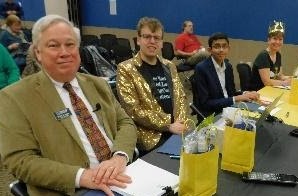 Literacy Volunteers of Somerset County (LVSC) is a non-profit organization which provides literacy instruction to adults who struggle to read, write, and communicate in English. Through a network of trained volunteers, we offer one-to-one tutoring, English conversation groups, and U.S. citizenship preparation classes. Since our founding in 1981, we have collaborated with the Somerset County Library System of New Jersey (SCLSNJ). Through this partnership, LVSC provides free educational services to SCSLNJ patrons, while SCLSNJ provides valuable in-kind assistance to LVSC. Literacy Volunteers of Somerset County (LVSC) is a non-profit organization which provides literacy instruction to adults who struggle to read, write, and communicate in English. Through a network of trained volunteers, we offer one-to-one tutoring, English conversation groups, and U.S. citizenship preparation classes. Since our founding in 1981, we have collaborated with the Somerset County Library System of New Jersey (SCLSNJ). Through this partnership, LVSC provides free educational services to SCSLNJ patrons, while SCLSNJ provides valuable in-kind assistance to LVSC.
At first, LVSC tutoring took place in two library branches. Over time we expanded to eight branches, and now our partnership goes beyond sharing space: It includes volunteer and student outreach, program development, fundraising support, and board membership. Today, SCLSNJ’s Adult Services Manager coordinates LVSC’s comprehensive room reservation and programming schedule. The SCLSNJ Marketing Team creates engaging student and volunteer outreach materials and distributes them throughout the branches. Additionally, the Marketing Team issues press releases, e-mail blasts, and social media mentions on LVSC’s behalf.
LVSC staff works directly with branch managers to develop and enhance programs. For example, one branch contacted LVSC to develop a program for patrons without basic English skills, transportation, or computer skills. These individuals could not access LVSC programs which required online or in-person enrollment. We convened an LVSC/SCLSNJ team and developed a beginner-level ESL program which addressed barriers to access. Bilingual (English/Spanish) SCLSNJ front-desk staff now help patrons enroll in services and encourage class participation. SCLSNJ branch staff procure and distribute introductory-level books. LVSC provides trained volunteers who develop curriculum that better meets patrons’ needs. In three years, we have reached nearly 100 students through this program with positive results: Those who previously only spoke Spanish are now using English with confidence in their daily lives.
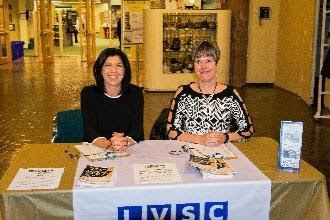 LVSC is not government-funded, so we rely on fundraising efforts to offer our free services. As such, we are grateful to hold two annual fundraising events at SCLSNJ branches. In addition to providing complimentary space, library personnel volunteer to make our events a success. Every year, SCLSNJ’s Marketing Team serves on LVSC’s Fall Soiree event committee. Together we transform the library for an after-hours event which includes food, beverage, and entertainment tied to a theme such as “LVSCity” or “The Magic of Literacy.” In February, SCLSNJ hosts LVSC’s Community Spelling Bee in which teams of two adults come together to spell. It is a serious but fun competition that includes prizes for Best Speller, Best Team Name, Best Team, Uniform, and Most Team Spirit. Library staff serve as judges, spelling contestants, and tech support. These two events are great fundraisers which also bolster camaraderie between LVSC and library staff. LVSC is not government-funded, so we rely on fundraising efforts to offer our free services. As such, we are grateful to hold two annual fundraising events at SCLSNJ branches. In addition to providing complimentary space, library personnel volunteer to make our events a success. Every year, SCLSNJ’s Marketing Team serves on LVSC’s Fall Soiree event committee. Together we transform the library for an after-hours event which includes food, beverage, and entertainment tied to a theme such as “LVSCity” or “The Magic of Literacy.” In February, SCLSNJ hosts LVSC’s Community Spelling Bee in which teams of two adults come together to spell. It is a serious but fun competition that includes prizes for Best Speller, Best Team Name, Best Team, Uniform, and Most Team Spirit. Library staff serve as judges, spelling contestants, and tech support. These two events are great fundraisers which also bolster camaraderie between LVSC and library staff.
During the pandemic, LVSC programs and events are virtual, yet we continue working with our library friends to reach new volunteers and students remotely, and to find ways to teach students without access to technology. We now have a strong distance-learning model in place, yet eagerly anticipate a return to the libraries.
SCLSNJ’s County Library Administrator makes our partnership possible. He fosters communication, facilitates the relationship, and nominates an SCLSNJ employee to serve as an indispensable LVSC board trustee. A true leader, the County Library Administrator also participates in LVSC’s fundraising events and serves as the Pronouncer for our Community Spelling Bee.
During a five-year period of increased collaboration, student participation in LVSC programs more than doubled. As a result of this meaningful partnership, Somerset County residents are gaining the foundational literacy skills they need to earn family-sustaining income, to support their children’s education, and to become integrated, engaged members of the community. We all benefit.
(Top photo): LVSC Community Spelling Bee – Judges’ Table. SCLSNJ County Library Administrator, Brian Auger (far left); SCLSNJ Collection Development Supervisor/LVSC Board Secretary, Yvonne Selander (far right).
(Center photo): LVSC Fall Soiree at the Bridgewater Library. LVSC Executive Director, Aimee Lam (left); SCLSNJ Collection Development Supervisor/LVSC Board Secretary, Yvonne Selander (right).
|




 Coping During COVID-19
Coping During COVID-19 By Lena Gluck
By Lena Gluck
 Beginning in the fall, we started supplying take-home kits developed by our Children’s Services staff. Such kits included: back-to-school pencil holders made from coffee cans, recycled yogurt jar candles, decorative pumpkins, and Thanksgiving wreaths, to name a few. These kits continue to be in high demand, so much so that I had to hold back on social media promotion.
Beginning in the fall, we started supplying take-home kits developed by our Children’s Services staff. Such kits included: back-to-school pencil holders made from coffee cans, recycled yogurt jar candles, decorative pumpkins, and Thanksgiving wreaths, to name a few. These kits continue to be in high demand, so much so that I had to hold back on social media promotion. The year’s unfortunate circumstances have led to the physical library losing some of its recreational connection with younger patrons. In order to break this barrier, since the summer, I have displayed two seasonal StoryWalk®s on the library’s lawn. Through this outside showcase, families spotted the laminated pages of a picture book, which were tied to trees, benches, and windows.
The year’s unfortunate circumstances have led to the physical library losing some of its recreational connection with younger patrons. In order to break this barrier, since the summer, I have displayed two seasonal StoryWalk®s on the library’s lawn. Through this outside showcase, families spotted the laminated pages of a picture book, which were tied to trees, benches, and windows.


 Literacy Volunteers of Somerset County (LVSC) is a non-profit organization which provides literacy instruction to adults who struggle to read, write, and communicate in English. Through a network of trained volunteers, we offer one-to-one tutoring, English conversation groups, and U.S. citizenship preparation classes. Since our founding in 1981, we have collaborated with the Somerset County Library System of New Jersey (SCLSNJ). Through this partnership, LVSC provides free educational services to SCSLNJ patrons, while SCLSNJ provides valuable in-kind assistance to LVSC.
Literacy Volunteers of Somerset County (LVSC) is a non-profit organization which provides literacy instruction to adults who struggle to read, write, and communicate in English. Through a network of trained volunteers, we offer one-to-one tutoring, English conversation groups, and U.S. citizenship preparation classes. Since our founding in 1981, we have collaborated with the Somerset County Library System of New Jersey (SCLSNJ). Through this partnership, LVSC provides free educational services to SCSLNJ patrons, while SCLSNJ provides valuable in-kind assistance to LVSC. LVSC is not government-funded, so we rely on fundraising efforts to offer our free services. As such, we are grateful to hold two annual fundraising events at SCLSNJ branches. In addition to providing complimentary space, library personnel volunteer to make our events a success. Every year, SCLSNJ’s Marketing Team serves on LVSC’s Fall Soiree event committee. Together we transform the library for an after-hours event which includes food, beverage, and entertainment tied to a theme such as “LVSCity” or “The Magic of Literacy.” In February, SCLSNJ hosts LVSC’s Community Spelling Bee in which teams of two adults come together to spell. It is a serious but fun competition that includes prizes for Best Speller, Best Team Name, Best Team, Uniform, and Most Team Spirit. Library staff serve as judges, spelling contestants, and tech support. These two events are great fundraisers which also bolster camaraderie between LVSC and library staff.
LVSC is not government-funded, so we rely on fundraising efforts to offer our free services. As such, we are grateful to hold two annual fundraising events at SCLSNJ branches. In addition to providing complimentary space, library personnel volunteer to make our events a success. Every year, SCLSNJ’s Marketing Team serves on LVSC’s Fall Soiree event committee. Together we transform the library for an after-hours event which includes food, beverage, and entertainment tied to a theme such as “LVSCity” or “The Magic of Literacy.” In February, SCLSNJ hosts LVSC’s Community Spelling Bee in which teams of two adults come together to spell. It is a serious but fun competition that includes prizes for Best Speller, Best Team Name, Best Team, Uniform, and Most Team Spirit. Library staff serve as judges, spelling contestants, and tech support. These two events are great fundraisers which also bolster camaraderie between LVSC and library staff. 
 By Ken Kaufman
By Ken Kaufman
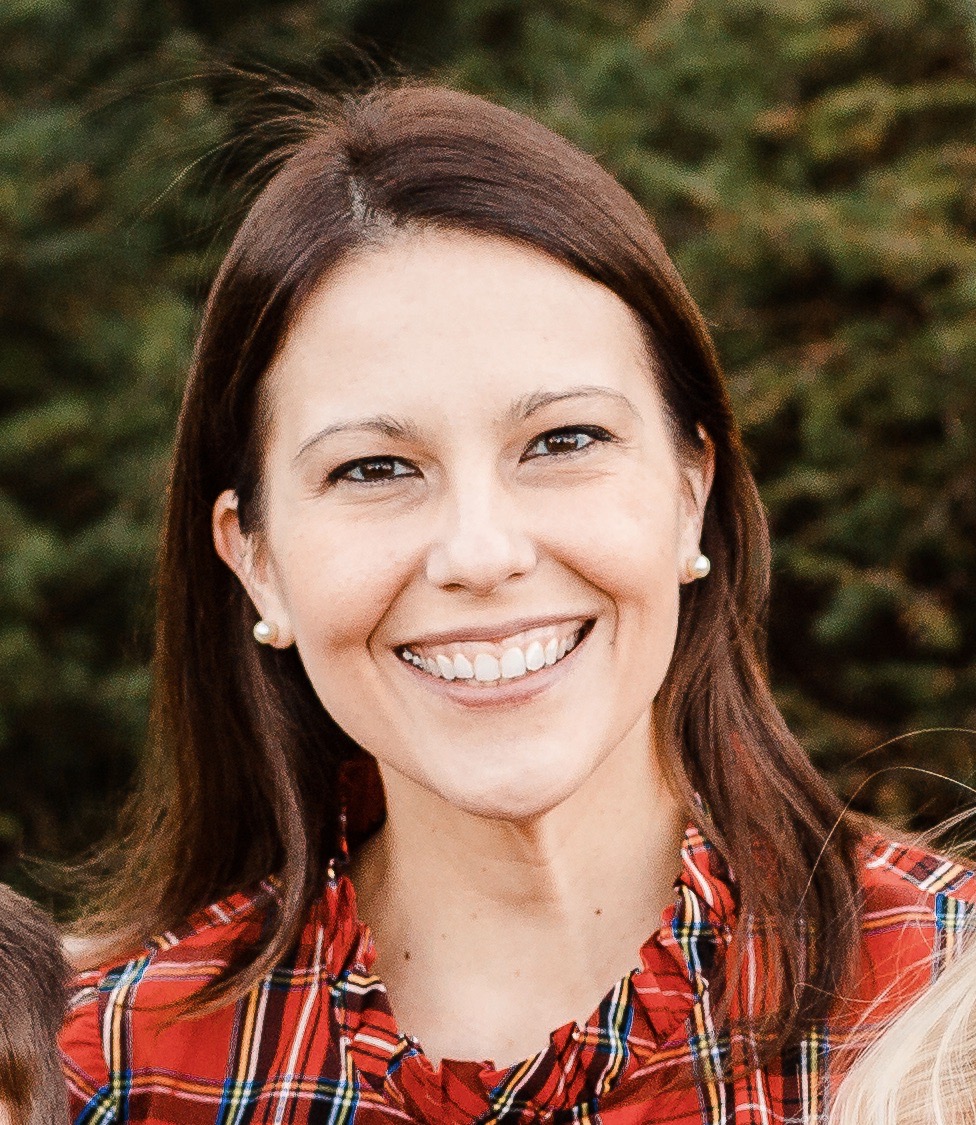

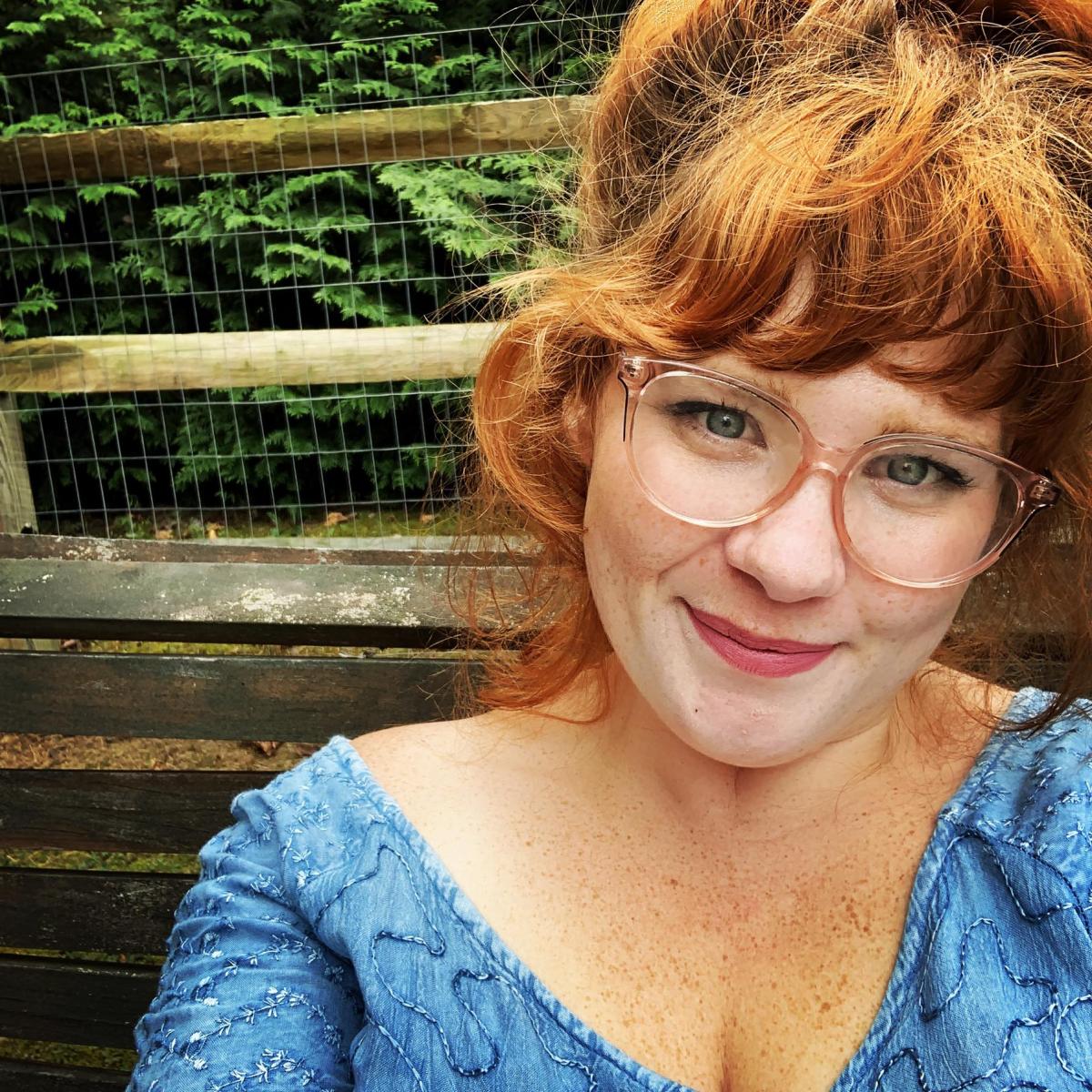

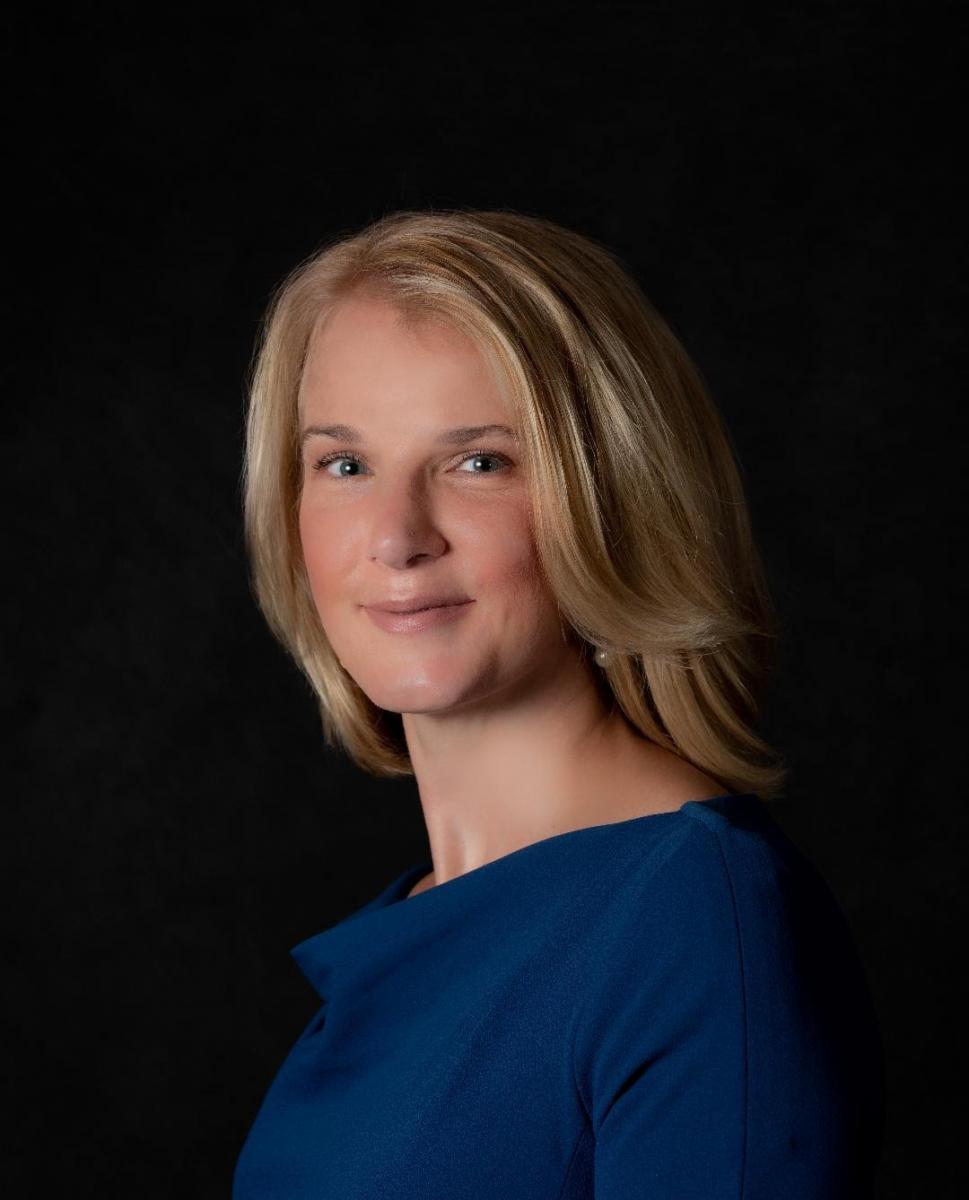 By Susanne Sacchetti
By Susanne Sacchetti
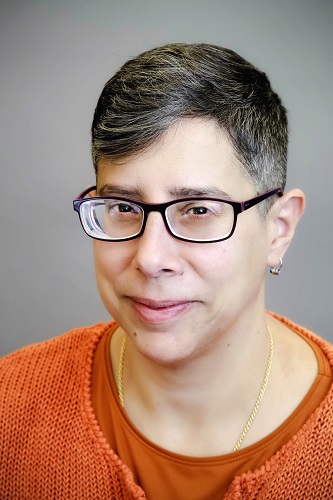
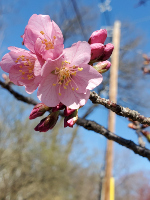 Bertin – it turns out that I really connected with the visual aspect. With practice I began to see new things even on the blocks that I walk eight or more times a day. I’ve often stopped to randomly take a picture; now it’s something I do frequently – perhaps not on every walk but more often than not.
Bertin – it turns out that I really connected with the visual aspect. With practice I began to see new things even on the blocks that I walk eight or more times a day. I’ve often stopped to randomly take a picture; now it’s something I do frequently – perhaps not on every walk but more often than not.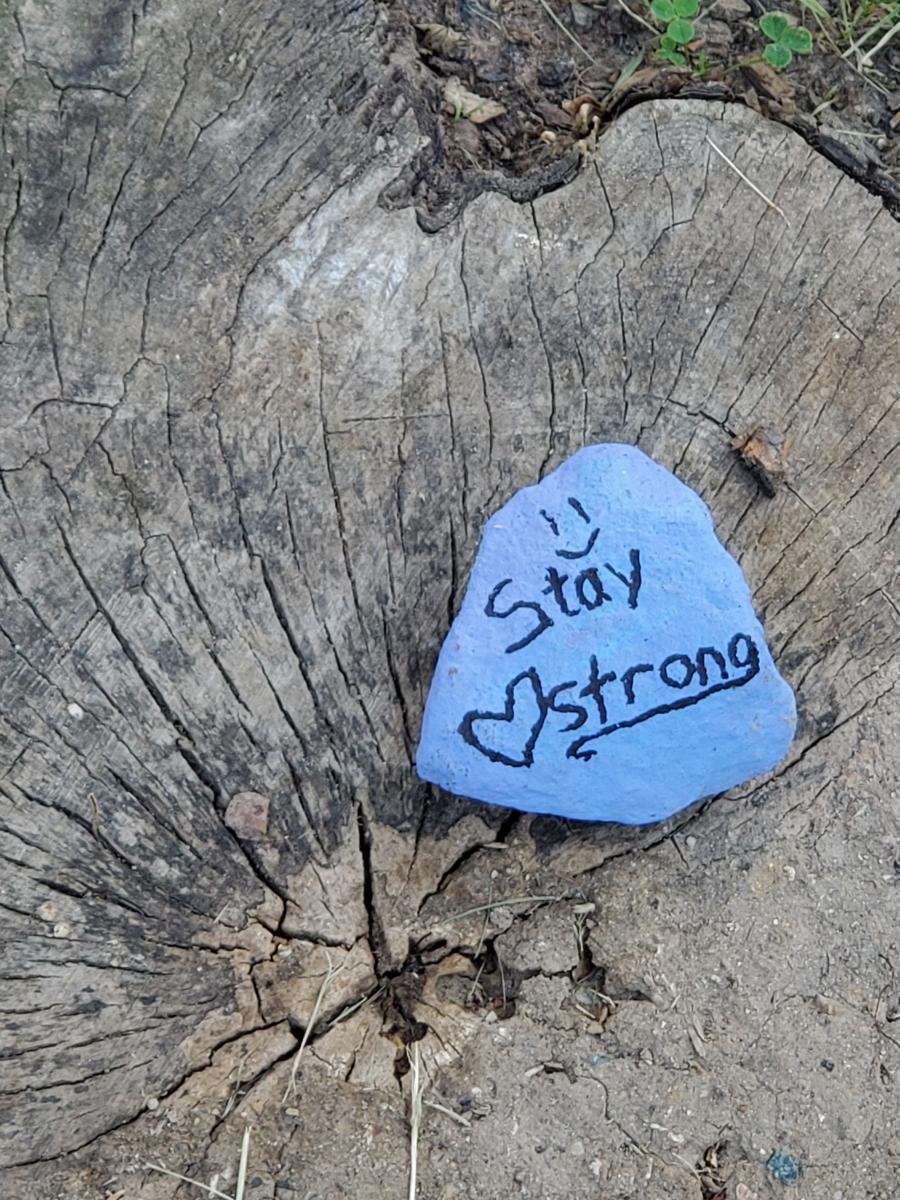 Lastly, I began to share photographs taken on my daily walks. I initially wanted to share one daily but I decided to post whenever I’m inspired. Surprisingly, I also discovered that I had completely overlooked another thing that brings me joy – cooking! So now you’ll find a mixture of photos. No judgment on my part – I’ll share whatever makes me smile if only to inspire me to smile when I need it.
Lastly, I began to share photographs taken on my daily walks. I initially wanted to share one daily but I decided to post whenever I’m inspired. Surprisingly, I also discovered that I had completely overlooked another thing that brings me joy – cooking! So now you’ll find a mixture of photos. No judgment on my part – I’ll share whatever makes me smile if only to inspire me to smile when I need it.
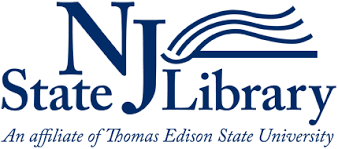 As the COVID-19 pandemic emerged, worsened, and evolved through 2020 and into 2021, New Jersey State Library staff members have endeavored to identify information needs and create resources to meet them. Early in the pandemic, members of the Reference Department put together a comprehensive research guide on COVID-19 for the public and patrons of the New Jersey State Library, while staff in the Lifelong Learning Department focused on addressing concerns among New Jersey public libraries. All of these resources include links to valuable information of interest to a variety of users, both in and out of libraries. Anyone working on their own research guides or looking for links to share on their websites are welcome to use these sources as they see fit.
As the COVID-19 pandemic emerged, worsened, and evolved through 2020 and into 2021, New Jersey State Library staff members have endeavored to identify information needs and create resources to meet them. Early in the pandemic, members of the Reference Department put together a comprehensive research guide on COVID-19 for the public and patrons of the New Jersey State Library, while staff in the Lifelong Learning Department focused on addressing concerns among New Jersey public libraries. All of these resources include links to valuable information of interest to a variety of users, both in and out of libraries. Anyone working on their own research guides or looking for links to share on their websites are welcome to use these sources as they see fit.
